Aggressive
Representation
Extensive
Experience
Personal
Attention
24/7
Availability
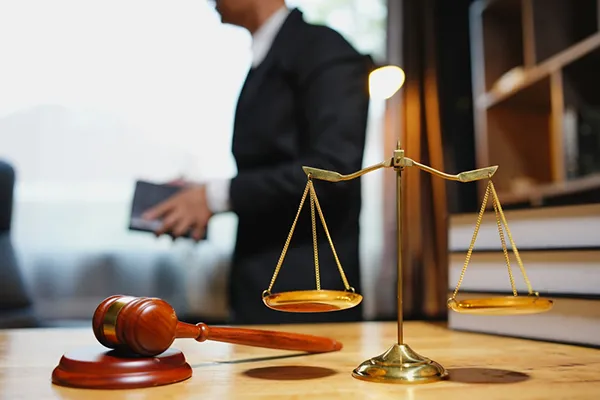
Atlanta Auto Accident Attorneys
Atlanta Accident Lawyers is committed to fighting tirelessly for our clients to ensure they receive the compensation they rightfully deserve. With a deep understanding of personal injury law and extensive experience handling a wide range of accident cases, we dedicated to uncovering the full extent of damages and pursuing fair compensation.
Understanding that accidents can happen at any time, Atlanta Accident Lawyers offers 24/7 availability to provide immediate support and guidance when you need it most. Whether it’s answering urgent questions, offering legal advice, or taking swift action to protect your rights, our team is always ready to assist. This round-the-clock commitment ensures that you have the support you need throughout the legal process, allowing you to focus on your recovery while we handle the complexities of your case with dedication and skill,
PRACTICE AREAS
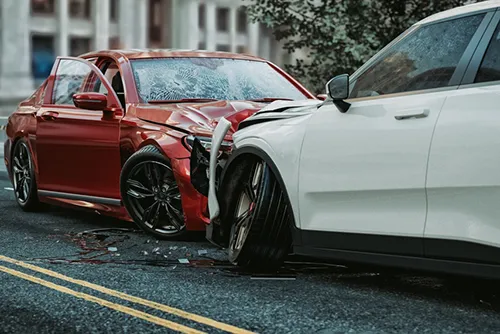
With a deep understanding of Georgia’s car accident laws, we can handle all aspects of your case, from gathering evidence to negotiating with insurance companies, so you can focus on your recovery while we fight for the best possible outcome on your behalf.
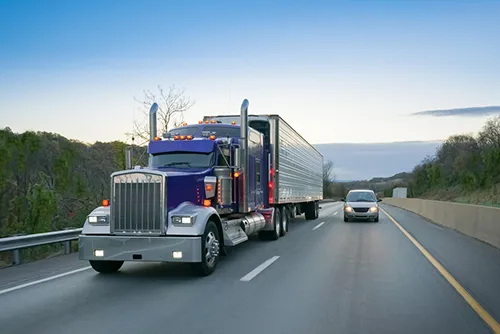
Our Attorneys are skilled in handling the unique challenges of truck accident cases. With our expertise, we aim to secure maximum compensation for your injuries, property damage, and other losses, ensuring you receive the justice you deserve.

We are experienced in handling motorcycle accident claims and understand the unique risks and challenges motorcyclists face. We are dedicated to securing fair compensation for your injuries, medical expenses, and any other damages incurred.
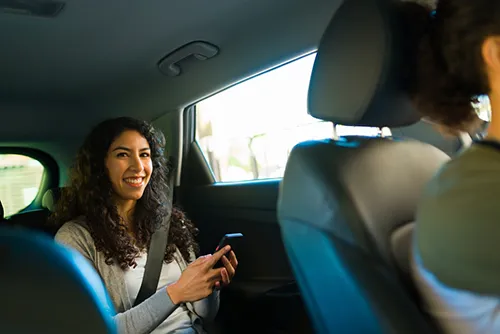
Our lawyers understand the unique legal challenges involved with Uber accidents, such as determining liability between the driver, Uber, and other parties. Our experience allows us to negotiate effectively for your compensation, while you focus on recovery.
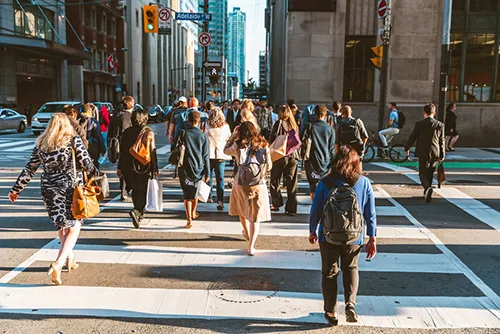
Our firm is dedicated to assisting victims of pedestrian accidents with expert legal support. We will work tirelessly to hold negligent drivers accountable and to secure fair compensation for your medical bills, lost wages, and other damages.
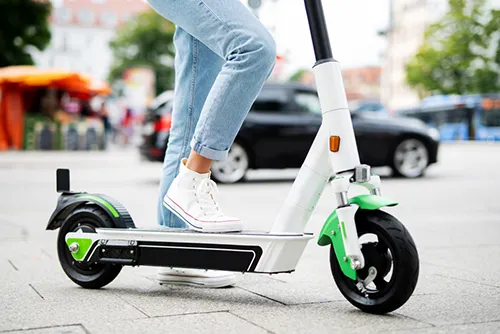
Scooter Accidents
We are equipped to handle scooter accident cases with the expertise needed to navigate the nuances of these claims. Our team can help determine liability, whether it involves a motorist, a scooter company, or other parties, and gather essential evidence for your claim.
What Our Clients Say
I can't thank Atlanta Car Accident Lawyers enough for the incredible support and expertise they provided after my accident. They fought tirelessly on my behalf and secured the compensation I needed to cover my medical expenses and lost wages. I truly felt like a priority throughout the entire process! I would highly recommend Atlanta Car Accident Lawyers to anyone in need of a reliable and successful legal team.
John D.
I wholeheartedly recommend Atlanta Car Accident Lawyers to anyone in need of legal representation after an accident. After being involved in a serious car accident, I was left facing mounting medical bills and uncertainty about my future. I knew I needed the best legal representation. Atlanta Car Accident Lawyers exceeded all my expectations.
Susan R.
FIghting to Maximize
Your Settlement
Atlanta Accident Lawyers Specializes in Securing the Justice & Compensation You Deserve
Don't Settle for Less!
Contact Atlanta Accident Lawyers Today
When you’ve been injured in an accident, the insurance companies will try to settle your case for as little as possible. Don’t settle for less.
At Atlanta Accident Lawyers, we fight aggressively to make sure you get every dollar you deserve.
We understand the financial and emotional toll an accident can take. That’s why our mission is simple, maximize your settlement and protect your future.
Reach out today and let us help you get the compensation you deserve. Call now us at 864-444-2062 or simply fill out our form and a member of our team will contact you right away.
Get the Settlement You Deserve
Schedule Your Free Case Review

